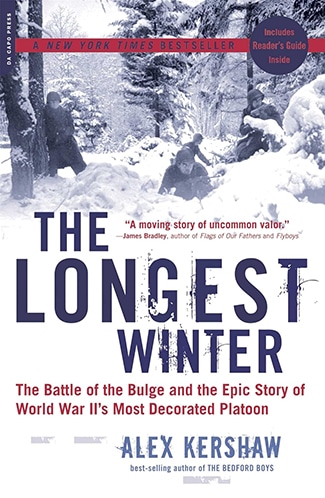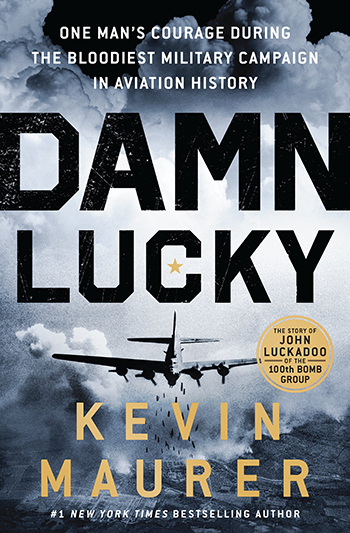Was Soviet double agent Anthony Blunt helping Hitler too?

The former MI5 double agent, Anthony Blunt, was unmasked as a Soviet mole in 1979 but the full extent of what he did isn’t known. Could he have been more dangerous than we thought? A new book has uncovered how he may have helped Hitler during the Second World War.
This podcast was brought to you thanks to the support of readers of The Times and The Sunday Times. Subscribe today: http://thetimes.co.uk/thestory
Guest: Robert Verkaik, Author of The Traitor of Arnhem.
Host: Luke Jones.
Clips: Channel 4, UK Parliament/Hansard, Netflix/The Crown Season 3, AP Archive.
Get in touch: thestory@thetimes.co.uk
Find out more about our bonus series for Times subscribers: 'Inside the newsroom'
Hosted on Acast. See acast.com/privacy for more information.













